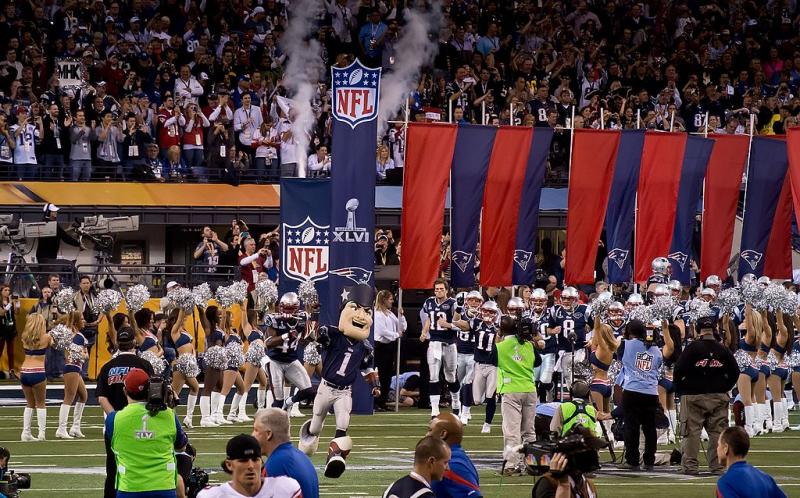
Massachusetts going into sports betting with high tax rates is like the Patriots playing without Tom Brady. They’ll be in the game, but performing worse.
High tax rates are a big threat with Senate Bill 269, which includes rates of 20% for in-person bets and 25% for mobile bets. These rates would be among the highest in the nation, behind only Pennsylvania’s absurd 36% effective tax rate. The 25% tax rate on mobile would beat out Tennessee’s 20% rate. These are extremely high tax rates that will make it tough for sports books to succeed, and grow.
Low tax rates are best, they make the legal market more competitive with other states, make it easier for sports books to make ends meet, and help the industry grow and create jobs. Low taxes also make legal betting more attractive to bettors, so they are not betting in the black market.
For comparison, 6.75% is the lowest rate among U.S. states. While Massachusetts’ neighbors are awful on taxes, Connecticut’s 13.75% rate would be notably lower than the proposed rates.
It is not just taxes that cause concern, both Senate and House have proposed significant recurring licensing costs (on top of the initial, one-time fee), from a $200,000 annualized cost, to $1 million. Pennsylvania hits operators with a whopping $10 million initial licensing fee, but even the Keystone State’s recurring fee amounts to a much lower $50,000 annualized.
Fees are supposed to cover the cost to government to run a program, or service. If they are generating revenue, they amount to taxes. These flat costs also are more burdensome to smaller operators.
The hits don’t stop coming, as the Senate version does not allow for betting on college sports. This kind of blanket restriction would keep all betting on collegiate sports in the black market, or the state’s neighbors.
The House version looks better in comparison on tax rates. Its 12.5% rate on in-person betting revenue, 15% on online, are clearly preferable. Yet, tax rates around 15% and up have been shown to reduce betting activity, keeping bettors in the black market.
Further, the House version allows sports leagues to require betting operators use “official league data.” This is a giveaway to sports leagues that is not necessary for protecting gaming integrity. Nevada has operated for decades, and now New Jersey has operated for years without such mandates.
In National Basketball Ass’n v.Motorola,Inc. a court of appeals held that sports statistics are not copyrightable, and that compiling and distributing statistics was legal.
It makes sense, the number of touchdowns Tom Brady throws is a fact, it can’t be copyrighted. State lawmakers should not step on this legal precedent, especially when the market is working, and the leagues are cashing in on data agreements without government interference.
There are many companies that collect sports data, and sports betting operators can decide which they would like to use. There is no need for government to force one private company to use another’s services.
If Massachusetts legislators want to foster a competitive market for sports betting and follow the lead of a northeastern state, they should copy New Jersey. The Garden State’s tax rate on in-person betting is 8.5%, and the state avoiding any significant regulatory pitfalls – like the completely unnecessary data mandate.
The State Senate saw a much better proposal put forward earlier in session.
These current proposals are too focused on maximizing paydays for government, and their pals, rather than doing what is best for consumers and an emerging industry. In the process, they could fail on all counts.

